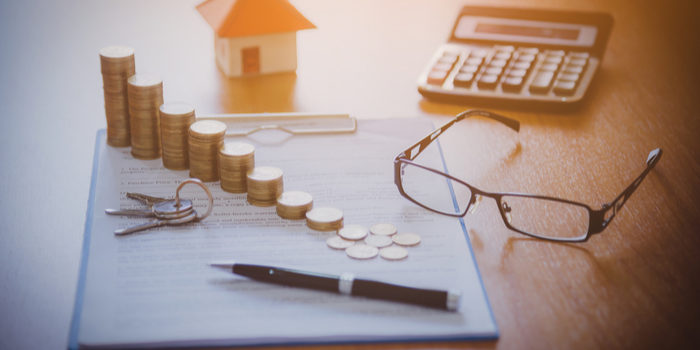


Refinancing your home’s mortgage can be done for a variety of reasons. In short, refinancing a mortgage means paying off your existing loan balance with a different loan, allowing you to restructure your debt. One of the main reasons people do this is to get their interest rates lower, shorten the length of their mortgage or simply consolidate their debts.
Is refinancing your home right for you? Well, that’s a complex question. There are a lot of factors that go in to refinancing, including the terms of your current mortgage, your financial situation and your life status. Today we’re going over some of the basic of home refinance.
Home Refinancing
What is Refinancing?
As stated above, refinancing is the practice of getting another loan to pay off your existing mortgage. This can cost between three and six percent of the loan’s principal, involves a title search, appraisal and application fees, and is typically done to give the homeowner some economic advantage.
Due to the complexity of refinancing, it’s a good idea to take things slow and do a lot of research before refinancing your home. Diving in might not be the wisest course of action. However, there are a number of reasons you might want to refinance, so learning more about the process can be a good long-term well of knowledge.
Interest Rates
One of the most common and popular reasons to refinance is to secure a lower interest rate. When interest rates drop, look at your home and compare what you’re paying now to what else is available on the market. If you can save even one percent of interest, it might be worth refinancing. The general rule of thumb, though, holds that you should refinance if you can save two percent or more on your loan.
This does a few things. Firstly, it means your monthly payments will be lower, which is great. Secondly, it could mean that you can pay off your loan sooner, meaning you get to invest in your home’s equity more quickly.
Loan Length
When you refinance to a lower interest rate, you’ve got two choices. You could either choose to keep the loan length the same and pay less every month, or you could pay the same amount and shorten the loan’s duration. That’s a tough choice for some, but it depends on your situation.
If you’re making your payments comfortably, it might be ideal to take the shortened loan length and pay your home off faster. However, if you’re struggling to make payments every month, consider taking the lowered monthly payments, which will help you stretch your budget on a monthly basis.
Fixed Rate vs Adjustable Rate
Another common reason to refinance your home is to change it from a fixed rate mortgage to an adjustable rate mortgage, or vice versa. Often, ARMs begin at lower rates than FRMs, but can become higher over time as their rate is adjusted for inflation and other market changes. Meanwhile, a fixed rate can often start higher but become much more reasonable as time goes on and the market increases around it.
On the flip side, if you have a FRM, but interest rates are falling, it might be ideal to switch to an ARM. ARMs can be a very good idea for refinance when you’ve got a short amount of time left on a mortgage and interest rates are low in the market.
Do Your Research
Make sure you do yourself a favor and do lots of research on interest rates, your mortgage and the market before you refinance. It’s a big leap and can be a very costly endeavor if you’re mistaken about what’s best for your home. When done right, however, refinance can be a huge money saver.










